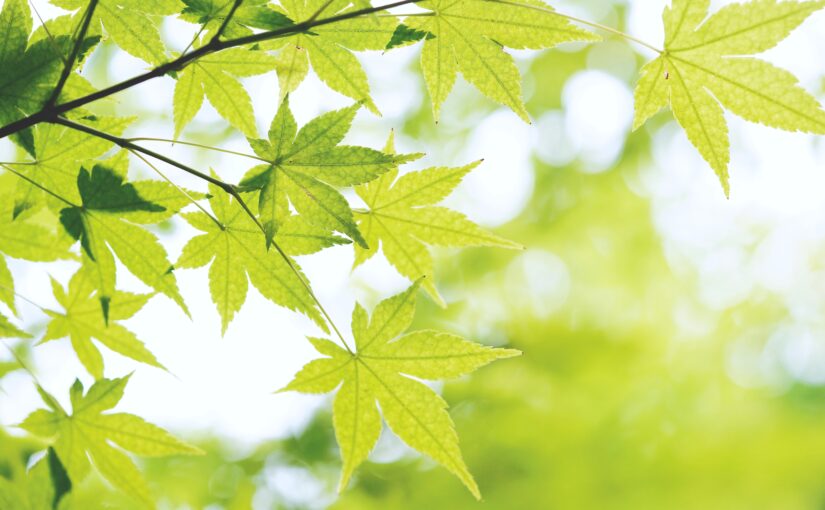The preface of the first imperially-commissioned anthology of Waka poetry in the 9th century explains
In ancient Japan, the ability to create wonderful poetry was indispensable for emperors and aristocrats to be politically successful.
What does poetry have to with politics, you may wonder. So do I! By learning ancient literature, this mystery might be solved.
Compiled in the 9th century, Kokin Wakashu 古今和歌集 was the first of 21 imperially-commissioned anthologies of Waka poetry. The fact that the imperial court officially commissioned it tells you how highly the ruling class in those days thought of Waka poetry.
The preface of this epoch-making anthology shows up in the 9th-grade textbook in Japan. I remember I hated memorizing it. Now I’m reading anew, and quite impressed.
Here I will share with you how the preface explains the relationship between nature and Waka poetry.
The English translation is by Helen Craig McCullough.
やまと歌は、人の心を種として、万の言の葉とぞなれりける。
Japanese poetry has the human heart as seed and myriads of words as leaves.
世の中にある人、ことわざ繁きものなれば、心に思ふことを、見るもの聞くものにつけて、言ひ出せるなり。
It comes into being when men use the seen and the heard to give voice to feelings aroused by the innumerable events in their lives.
花に鳴く鶯、水に住む蛙の声を聞けば、生きとし生けるもの、いづれか歌を読まざりける。
The song of the warbler among the blossoms, the voice of the frog dwelling in the water – these teach us that every living creature sings.
力をも入れずして天地を動かし、目に見えぬ鬼神をもあはれと思はせ、男女の中をも和らげ、猛き武士の心をも慰むるは歌なり。
It is song that moves heaven and earth without effort, stirs emotions in the invisible spirits and gods, brings harmony to the relations between men and women, and calms the hearts of fierce warriors.
